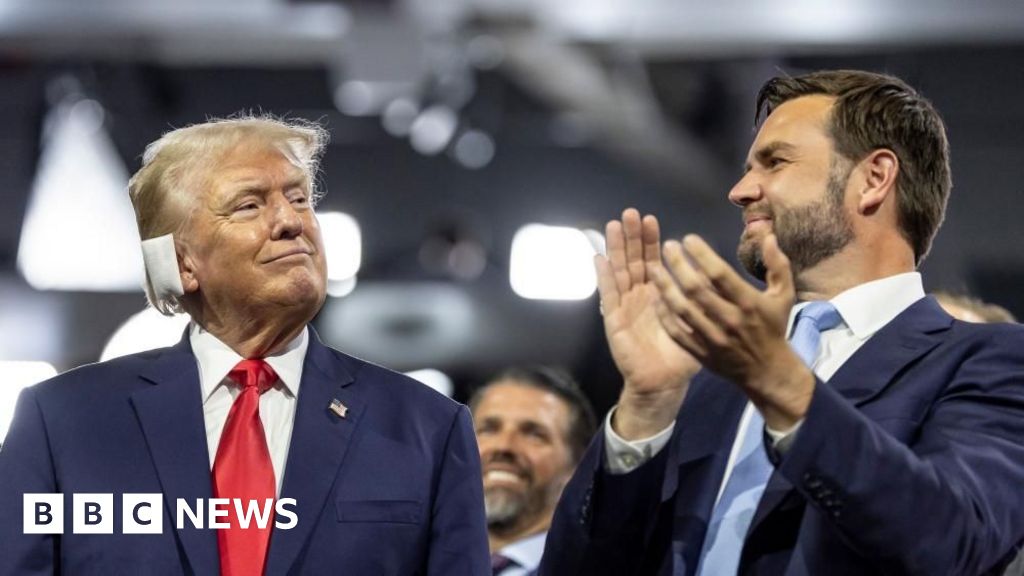In 2016, when Donald Trump picked Indiana Governor Mike Pence as his running mate, it was widely viewed as an effort to court evangelical Christian voters who may have been wary of supporting Trump, a thrice-married former Democrat.
This time around, he opted for JD Vance. And like his previous choice, the Ohio senator’s selection offers some insight into the former president’s campaign strategy – and, possibly, how he would govern if he returns to the White House.
The pick suggests Trump knows this election will be won and lost in a handful of industrial Midwest battleground states.
A native of Ohio, Mr Vance gained popular attention after the release of his bestselling memoir Hillbilly Elegy, which tells of his blue-collar upbringing and how it affected his politics and worldview.
With his background, Vance could be well positioned to connect with and energise the kind of white, working-class voters who narrowly delivered those states to Trump in 2016.
The former president said as much, in the social media post announcing his decision, writing that his running mate “will be strongly focused on the people he fought so brilliantly for, the American workers and farmers in Pennsylvania, Michigan, Wisconsin, Ohio, Minnesota and far beyond”.
Trump went on to laud his pick’s military service and his Ivy League law school pedigree.
At only 39, Vance will provide a youthful counterpoint to the candidates at the top of both presidential tickets. Trump’s choice positions the Ohioan to be at the forefront of a new generation of Maga Republicans. And if the former president returns to the Oval Office next year, Vance will instantly join the conversation for the party’s 2028 presidential nomination.
Vance did, however, criticise Trump in the run-up to the election in 2016 – something Democrats were quick to point out – but he has since become an outspoken defender of the former president, particularly on television news networks.
His recent loyalty, and effectiveness, no doubt factored into Trump’s decision.
When asked whether he believed Trump’s 2020 election defeat was fairly decided, he has said no. He has also said that, unlike Mr Pence, he would have tried to block the certification of the election results in Congress on 6 January 2021, the day of the Capitol riot.
Mr Vance also aligns closely with the former president’s political ideology. They have similar views on trade, immigration and foreign policy. Mr Vance has been particularly critical of continued US support for Ukraine.
In areas where the two men differed, Mr Vance has moved toward his new running mate. He has, for example, backed away from an earlier stand against allowing women who are the victims of rape or incest from having access to abortions.
Trump over the course of his campaign has laid out some of his plans for governing in a second term – with across-the-board tariffs, a pledge to deport tens of millions of undocumented migrants and an aggressive realignment of the federal bureaucratic workforce. The Vance pick is further evidence that Trump has doubled-down on Trumpism.
That, too, is something his Democratic opponents are sure to point out. On Monday, Mr Biden told reporters he didn’t see any difference between Mr Vance and the former president.
“He’s a clone of Trump on the issues,” he added.
That, of course, may be exactly what Trump wants.

